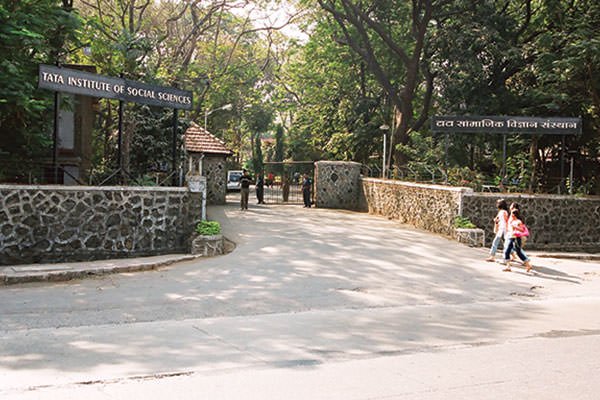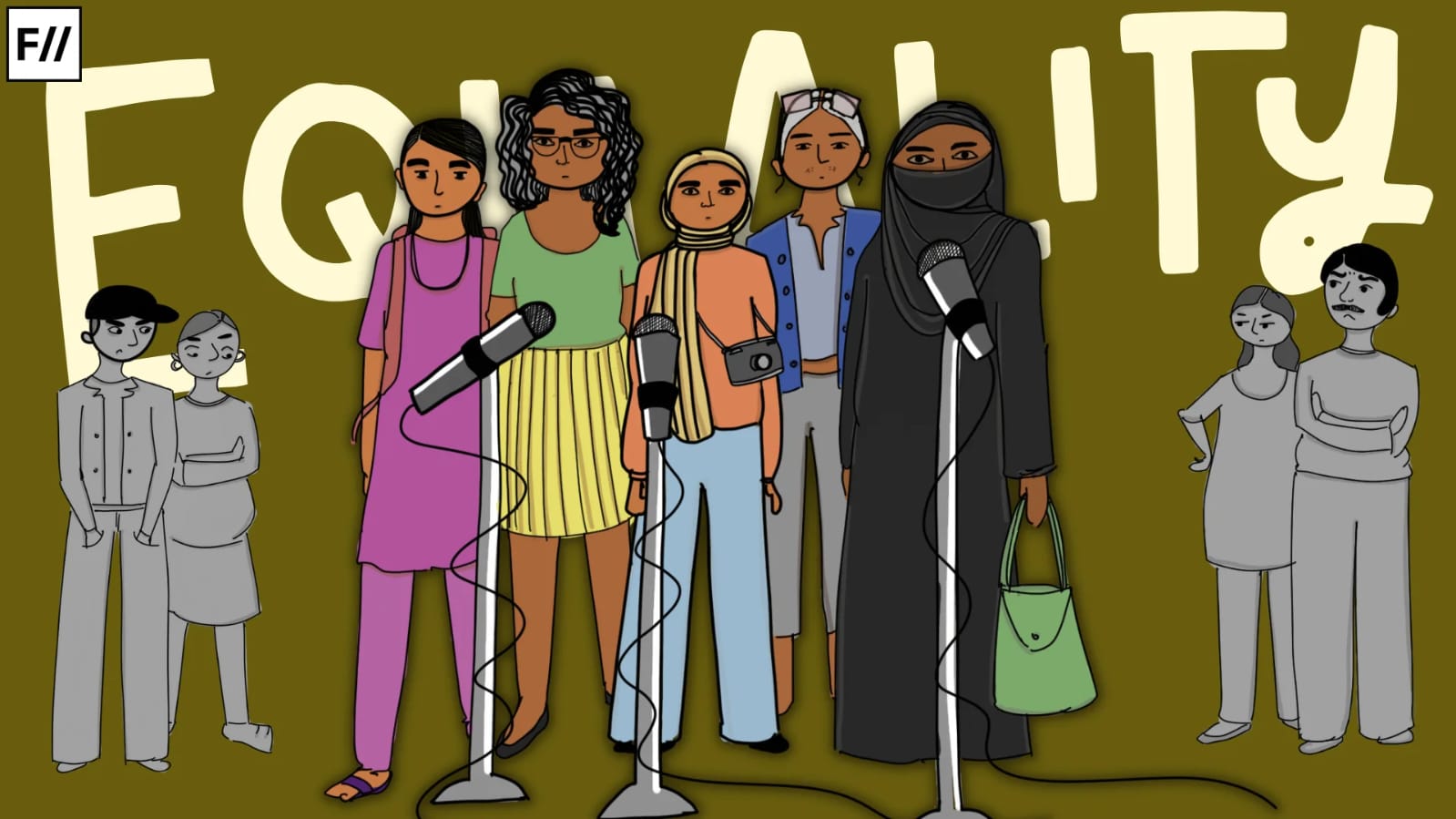As students struggling through our initial weeks of our MA in Women’s Studies course, one of the first few things we were told was about the emergence our discipline. Women’s Studies was born out of, and simultaneously reinforced the women’s movement in the 1970s, said my professor – herself an active part of the movement in its prime. The discipline was quite literally, born out of dissent.
I remember that precise moment. I felt such immense pride at the fact that I was part of a discipline that practiced what it preached. I was part of a discipline that questioned, among other things, the most (apparently) sacred unit of Indian (read: Hindu) society – the family, and notions of the ideal Indian (again, Hindu) woman – pillars of the right-wing’s views on gender.
Women’s Studies was born out of The women’s movement in the 1970s
So it came as no surprise to me when I read that the Advanced Centre for Women’s Studies at Tata Institute of Social Sciences (TISS), Mumbai is facing threats of closure along with two other centres due to ambiguity in its extension beyond 31st March by the University Grants Commission (UGC).
The possibility of shut down of Centres dealing with the study of marginal identities is only a logical extension of the current political climate – where dissenting voices in higher education (and everywhere else) have been violently, systematically silenced and MPhil and PhD seats have been cut drastically.
Having just completed my Masters in the subject at TISS, I feel a huge sense of loss. With the knowledge of how the discipline has changed me, the way it’s made me a better person, I am enraged and upset that in the (very) near future, students may not have the opportunity to pursue the kind of education that questions their beliefs, makes them re-evaluate their privilege and their vey sense of self.
Though an “add and stir” approach to including gender in a wider curriculum is problematic – having the option to pursue gender as a minor during one’s university education is an option that must be open to students of all academic backgrounds. Not just social science students, but also students from engineering, commerce and other such disciplines must be exposed to a discipline like Women’s Studies – because at its core, it’s a discipline that focuses on dismantling power – of which gender is just a part.
Many of us, who pursue higher education, are able to do so because of our privileges – which in turn arise out of our positions along the social hierarchy. Women’s Studies in light of this reality becomes that much more significant – it is perhaps one of few disciplines that looks at intersecting identities of caste, class and gender, problematising the notions of merit, of the “deserving” and the “undeserving”.
The impending shut down of the study of marginal identities is only a logical extension of the current political climate.
Women’s Studies classrooms are a safe space, to discuss religion, sex, and politics. They are a space to be vulnerable, and most importantly, a space to disagree. They are exactly the kind of space that the current government wants to silence. What kind of future are we being pushed towards, what will become of a nation of students and professionals who do not have the right to assert differing opinions, and what can we do to stop this – these are questions we need to ask ourselves, while we still can.
Update: We have been informed that this shut down is not, in fact, finalized, and negotiations are still on between the Centres, faculty, students, alumni and other stakeholders. We regret the misleading headline in the earlier version of this article, and have updated it accordingly.
About the author(s)
Women’s Studies student, foodie, and feminist, with an unhealthy addiction to rajma-chawal. She blogs at: https://bicyclewithoutafish.wordpress.com/




